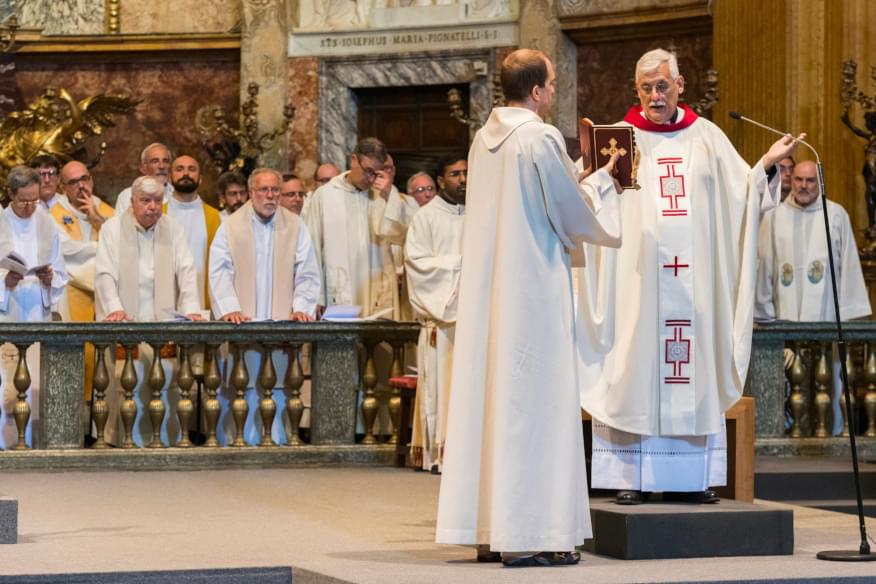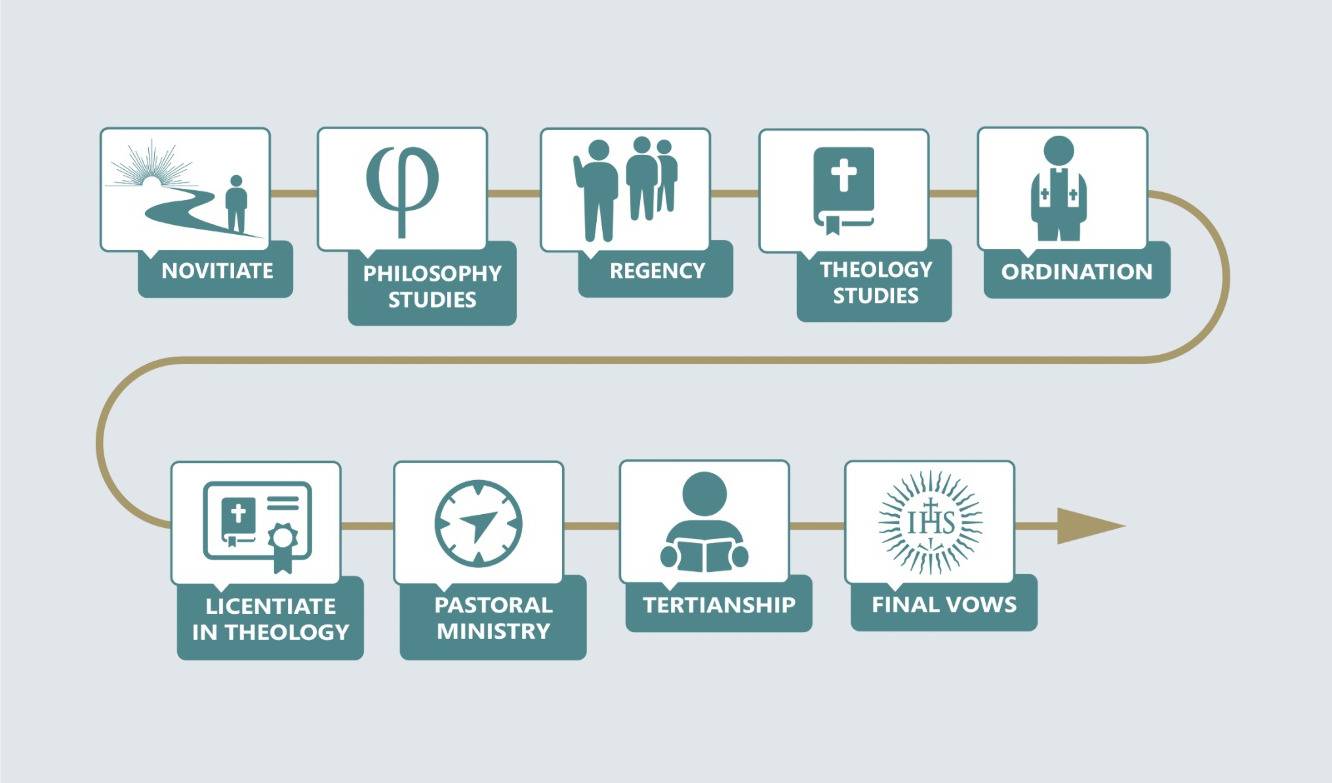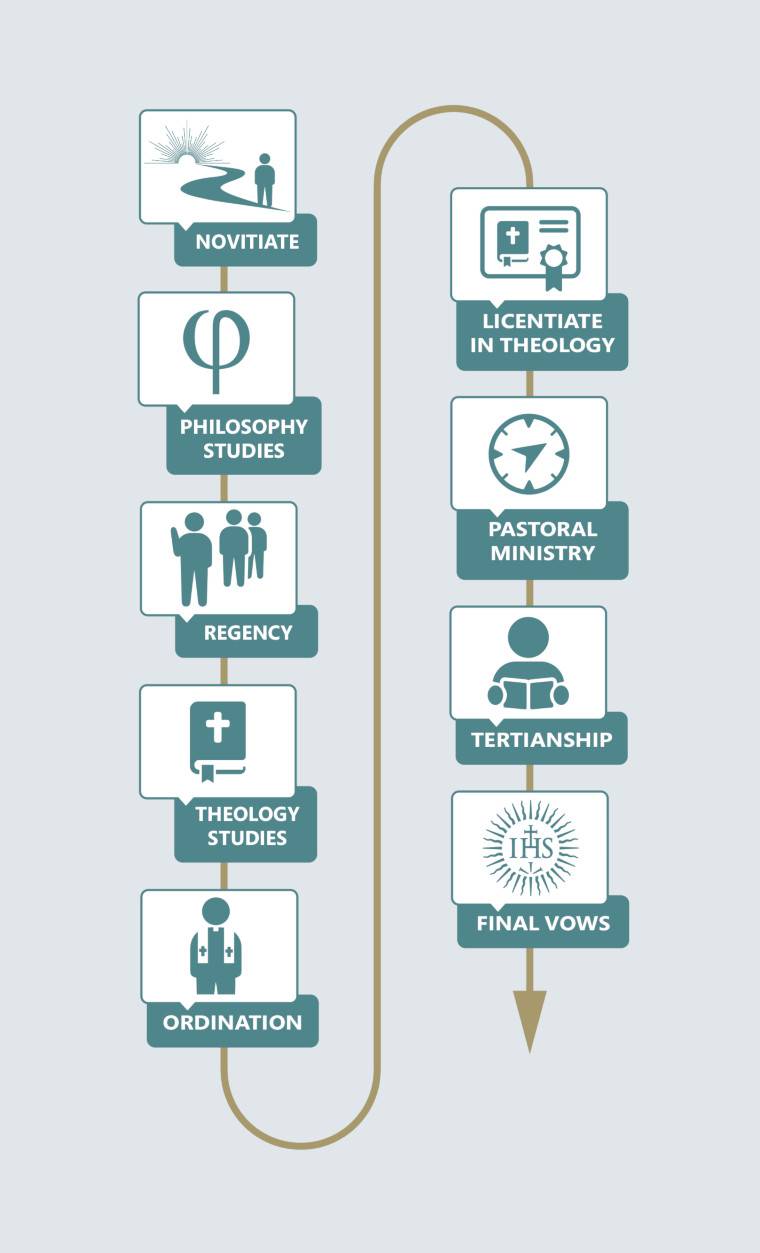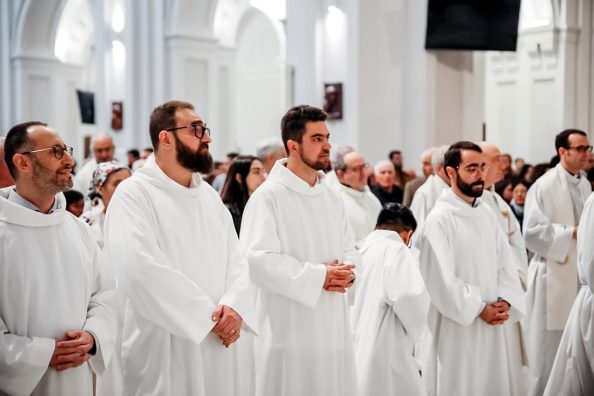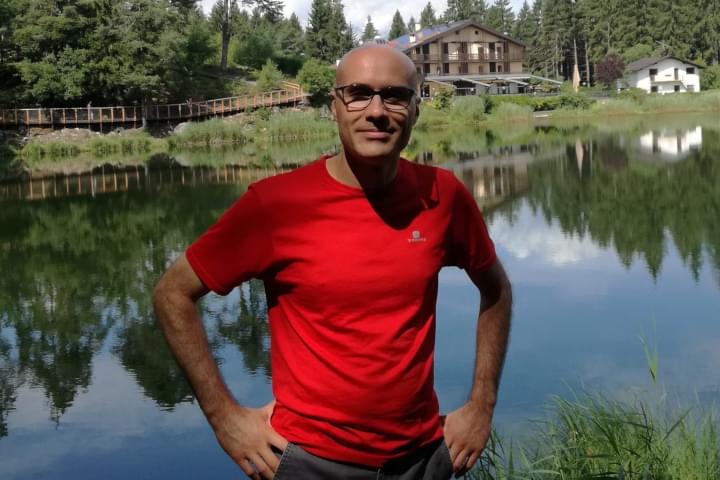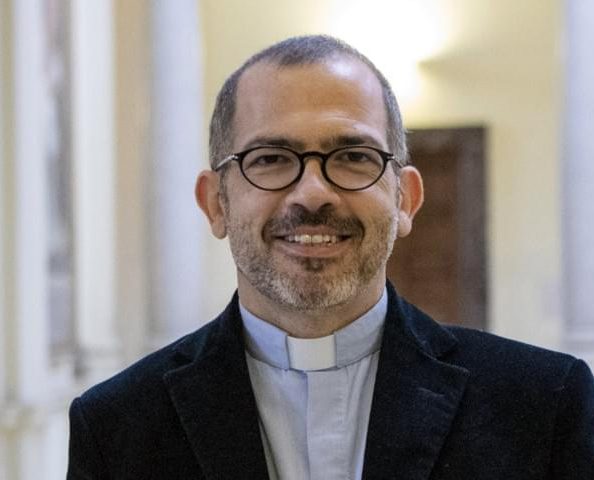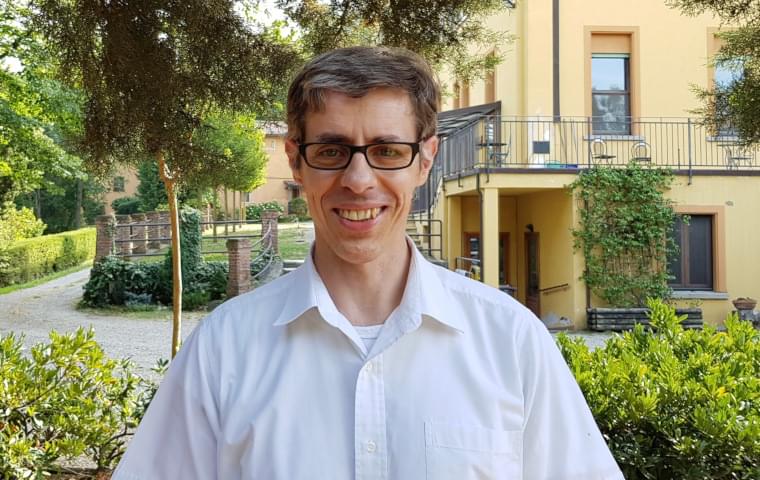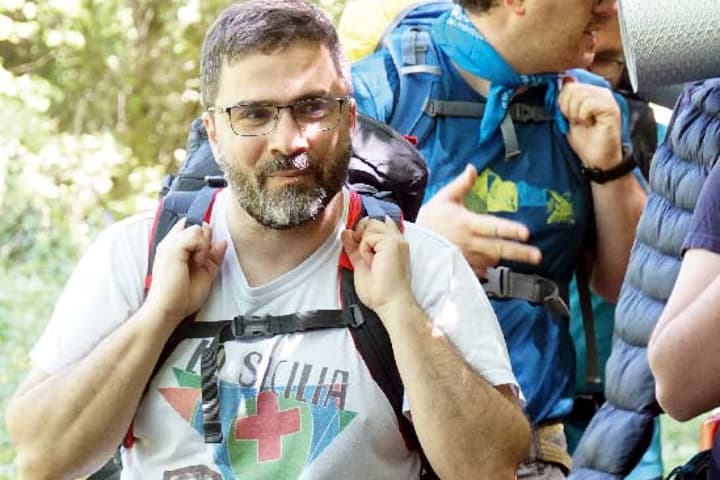The steps of Jesuit formation
Jesuit formation is made up of several stages and altogether can last up to 20 years.
The formation journey begins with entrance into the Novitiate, and through the entire journey phases we alternate between periods of study and apostolic activity alternate; the first vows and the final vows, ordinations, diaconal and priestly, are also part of this journey.
Novitiate
The first two years of a Jesuit’s life are spent in the Novitiate, where you will deepen your understanding of the Society, confirm your vocation and choose to proceed as a scholastic or a brother. During this time, you will experience the Spiritual Exercises, serve in a hospital, live in community, and go on a pilgrimage in poverty.
At the end of the novitiate, the novice takes simple vows of poverty, chastity, and obedience, committing to live as a Jesuit permanently.
Philosophy Studies
In this stage, scholastics focus on the study of philosophy, while brothers may undertake studies specific to their future mission. All Jesuits continue to experience community life, maintaining the rhythm of prayer, and engaging in weekly apostolic service.
It’s a time for balancing prayer, study, and mission.
Regency
Usually at this point studies are interrupted to send the Jesuit to a pastoral setting for full-time service. This might involve youth ministry, working with refugees, serving in spiritual centres, or other apostolic works.
This stage is an opportunity to gain practical experience and discern the future.
Theology studies
Theology studies last for at least five years, divided into two cycles: a basic and a specialised one. It is common for Jesuits to study abroad. Throughout this time, community life and apostolic service continue. After the fourth year, Jesuit scholastics are ordained priests.
First Mission
Upon completing studies, the Jesuit is assigned his first apostolic mission, becoming fully integrated into a Jesuit community dedicated to apostolic work. Both priests and brothers take on responsibility in the Society’s mission, serving in the works entrusted to them.
Third Year of Probation
After several years in apostolic work, the Jesuit enters the Third Year of Probation, a kind of second novitiate. After 15/20 years as a Jesuit, this period of reflection helps deepen his commitment and clarifies the call he received years earlier. It is a time for renewing his choice to live in the Society of Jesus.
Final Vows
After the Third Year and a few years of apostolic life, the Jesuit makes his final vows of poverty, chastity, and obedience, and for some, a fourth vow of special obedience to the Pope. At this stage, he becomes a permanent member of the Society of Jesus.
Vocation Stories

Vocation stories
La Compagnia di Gesù
Nel 1540 Ignazio di Loyola fondò la Compagnia di Gesù per aiutare gli altri a cercare e trovare Dio nella propria vita. Dai primi 10 compagni, oggi i gesuiti sono più di 16 mila in 100 paesi. Ogni gesuita è chiamato a vivere i voti di obbedienza, per il bene degli altri, castità, relazioni gratuite, e povertà, puntando all’essenziale.
